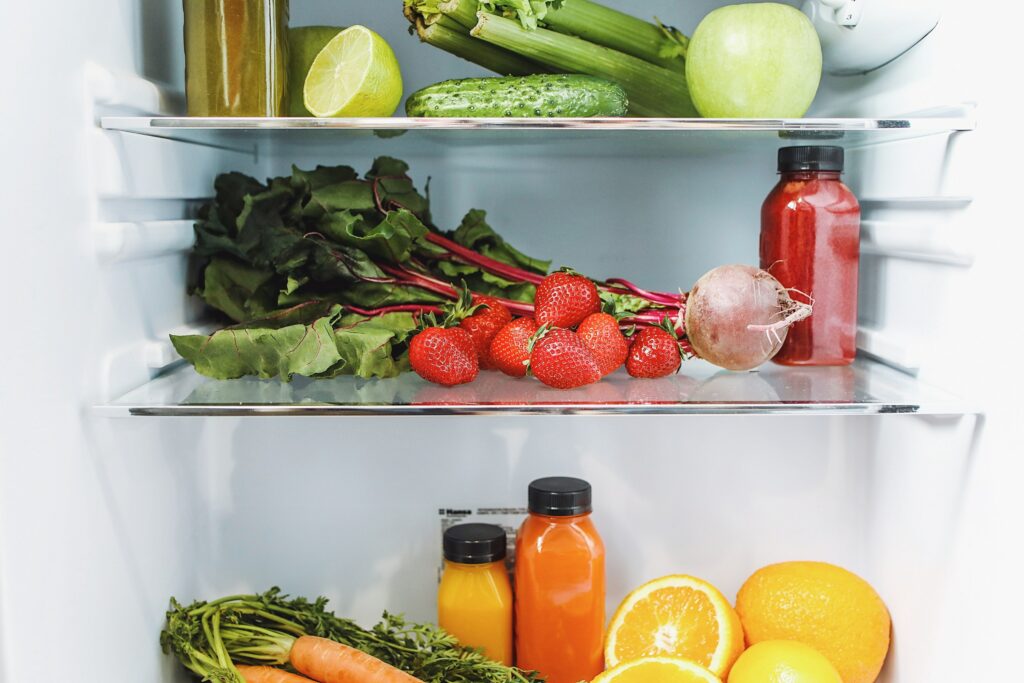
Storing your food wrong could cause it to expire quicker.
By Hanna Van Den Einde
Food storage is one of the most important parts of cooking. If food is stored incorrectly, it can lead to it expiring or rotting more quickly than expected. Harmful bacteria can grow on food if it’s stored at temperatures that are too high. Yet sometimes, storing food in the refrigerator will ruin it.
it can be confusing to know the best ways to prolong the life of your food. Here are tips for storing your food.
Bread.
If you are planning on eating the entire loaf within a few days, you can leave the bread on the countertop in either a paper bag or a bread box, in a cool and dry area. Storing in plastic containers or plastic bags can speed up the process of mold growth, so a breadbox or paper bag is the best way to go to retain freshness for longer. If you are not planning on eating the entire loaf within a few days, the best place to store your bread is in the freezer in a tightly wrapped freezer bag.
Leftovers.
While storing leftovers may seem easy, it is important to do it correctly to avoid harmful bacteria from rapidly growing. Leftovers should not be left unrefrigerated for more than two hours. If they are, the food should be thrown out. Leftovers should also only be stored for three to four days in the refrigerator but can be stored for up to four months if they are frozen.
When preparing your leftovers for storage, make sure they are wrapped in airtight packaging, covered or sealed in containers. Leftovers should be refrigerated or frozen almost immediately to allow for rapid cooling, according to the United States Department of Agriculture.
Fruit.
Most fresh fruit will last longer when refrigerated. However, some fruits, such as bananas, apricots, peaches and plums, need to ripen on the counter first before they can be stored in the refrigerator. Berries will typically last a week in the refrigerator before they start to go bad. Store your apples in a different area of the refrigerator, because apples cause other fruits and vegetables to ripen at a more rapid rate.
Miscellaneous Items
Butter should be stored in an airtight container. Only store small amounts on the counter, for larger amounts make sure it is refrigerated.
Eggs should be stored in the refrigerator in their original container. Storing eggs loosely exposes them to the risk of damage.
Most condiments, except for mayonnaise, are processed to be shelf stable and can survive if not refrigerated. However, for longevity, most brands recommend refrigeration after the product has been opened.